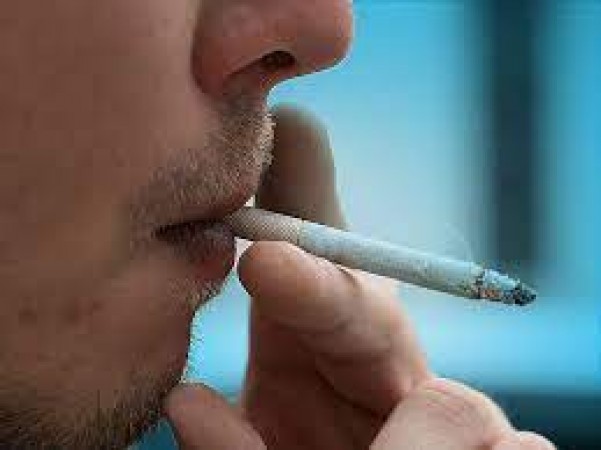
In a world where lifestyle choices can have profound effects on our well-being, the impact of smoking on physical appearance remains a subject of intrigue. In this exploration, we aim to decipher the intricate relationship between smoking cigarettes and the often-discussed phenomenon of blackened lips.
When one delves into the world of smoking, they expose themselves to a potent mix of chemicals. Among these, tar and nicotine take center stage. These substances, when inhaled, embark on a complex journey through the body, influencing various physiological processes.
To understand the potential impact on lip color, we must first acknowledge the role of melanin. Melanin, the pigment responsible for determining skin color, also plays a significant part in lip pigmentation. Smoking has been associated with an increase in melanin production, leading to the darkening of lips.
Another avenue through which smoking may affect lip color is by impeding blood circulation. The chemicals in cigarettes can constrict blood vessels, diminishing the flow of oxygen to the skin. This reduced oxygen supply can contribute to the discoloration of lips, making them appear darker than usual.
While smoking undoubtedly plays a role, it's essential to recognize that other lifestyle factors can contribute to the darkening of lips.
Dehydration is a common challenge for smokers. The habit tends to deplete the body's water reserves, affecting the overall health and appearance of the lips. Well-hydrated lips are more likely to maintain their natural color, serving as a reminder of the importance of adequate water intake.
Prolonged exposure to the sun can also be a culprit in the quest for darker lips. The ultraviolet (UV) rays from the sun can damage the delicate skin on the lips, leading to pigmentation changes. Smokers, with compromised skin defenses, may find themselves particularly vulnerable to the effects of sun exposure on lip color.
For those grappling with the consequences of smoking-induced lip discoloration, there are proactive steps that can be taken.
The most impactful measure is, without a doubt, quitting smoking. The decision to cease this habit not only benefits the lips but has far-reaching positive effects on overall health. As the body heals from the damages inflicted by smoking, the lips may gradually regain their natural color.
In addition to quitting smoking, incorporating a regular lip-care routine is crucial. Moisturizing the lips and ensuring adequate hydration can contribute significantly to the restoration of their natural color. Balms, creams, and hydrating masks can be valuable allies in this journey.
To bring a human touch to this exploration, it's enlightening to hear from individuals who have navigated the challenges of smoking cessation and witnessed positive changes in their lip color.
Stories of resilience and transformation, where individuals share their experiences of quitting smoking and the subsequent improvements in the health and appearance of their lips, provide powerful insights. These firsthand accounts can serve as inspiration for those on a similar path.
As with many aspects of health, it's crucial to recognize the variability in individual responses.
While some individuals may notice pronounced changes in lip color after quitting smoking, others may not experience significant discoloration. This variability underscores the intricate interplay of genetics, lifestyle, and personal health factors in determining how our lips respond to the cessation of smoking.
Delving deeper into the realm of genetics reveals that individual predispositions play a pivotal role in shaping the impact of smoking on lip pigmentation.
Genetic factors can influence how our bodies react to external stimuli, such as smoking. Understanding these genetic nuances provides a more comprehensive picture of why certain individuals may be more prone to the discoloration of lips when exposed to cigarette smoke.
In the tapestry of health and lifestyle choices, the relationship between smoking and lip discoloration emerges as a complex interplay of chemical reactions, genetic predispositions, and individual responses. As we conclude this exploration, it becomes evident that the journey to restoring the natural color of one's lips involves multifaceted considerations. Quitting smoking stands as a paramount step, accompanied by diligent lip care and hydration practices.